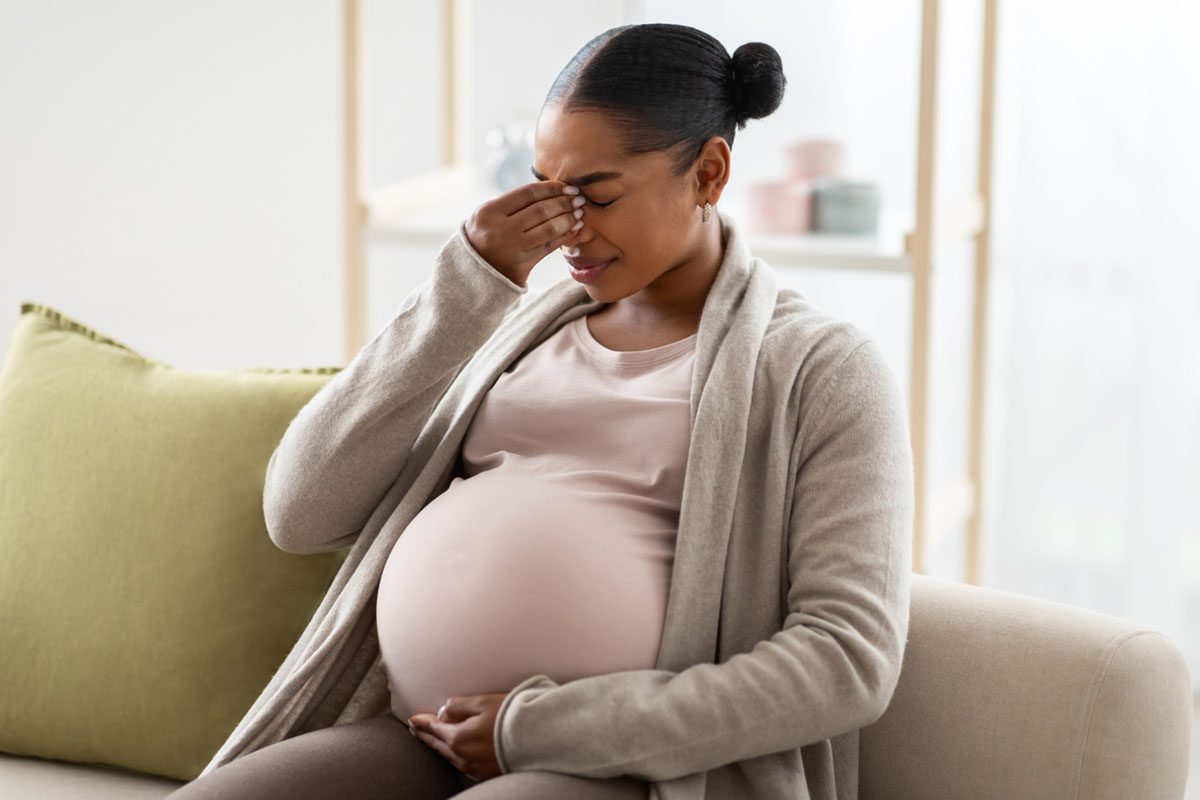Objective: In many patients with obsessive-compulsive disorder (OCD), residual symptoms persist despite a clinically meaningful response. The objective of this study was to examine whether addition of behavior therapy would augment treatment outcome in these patients.
Method: Ninety-six patients with DSM-IV OCD who had responded to 3 months of drug treatment were randomly assigned to either receive addition of behavior therapy or continue on drug treatment alone for 6 months. Patients who continued on drug treatment alone eventually received addition of behavior therapy for 6 months. Data were gathered from October 1998 to June 2002.
Results: OCD patients who received addition of behavior therapy showed a greater improvement in obsessive-compulsive symptoms (Yale-Brown Obsessive Compulsive Scale [Y-BOCS] score change = -3.9 in the completers sample) than those who continued on drug treatment alone (Y-BOCS score change = +3.9 for completers). Significantly more patients who received addition of behavior therapy were in remission compared with those who continued on drug treatment alone (p < .0001 for completers). Patients who received behavior therapy after 6 months of drug treatment alone showed a nonsignificant decline in obsessive-compulsive symptoms (Y-BOCS score change = -2.7 for completers); however, the remission rate found in this group was comparable to the remission rate found in the group of patients receiving addition of behavior therapy directly after responding to drug treatment.
Conclusion: The results indicate that addition of behavior therapy is beneficial for patients who have responded to drug treatment. The data also suggest that the effect is greater when behavior therapy is added immediately after attainment of the drug response.
Enjoy this premium PDF as part of your membership benefits!





